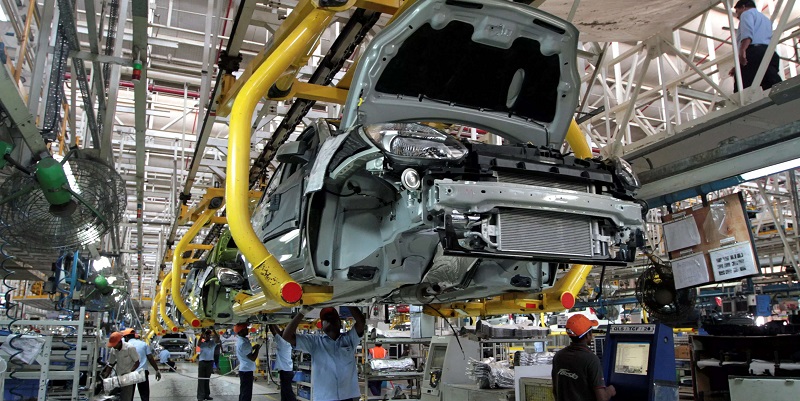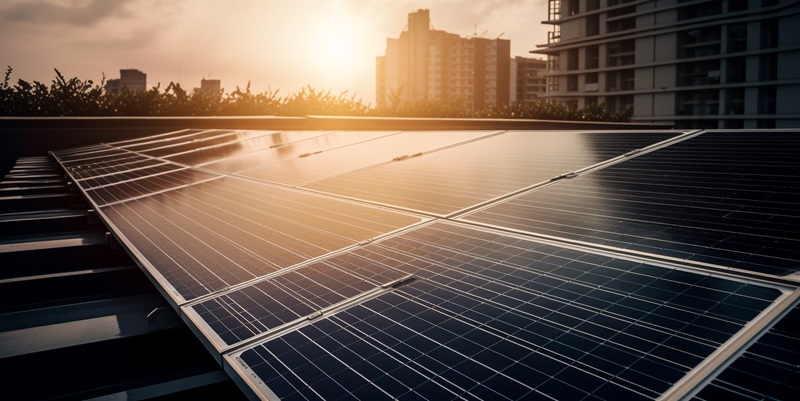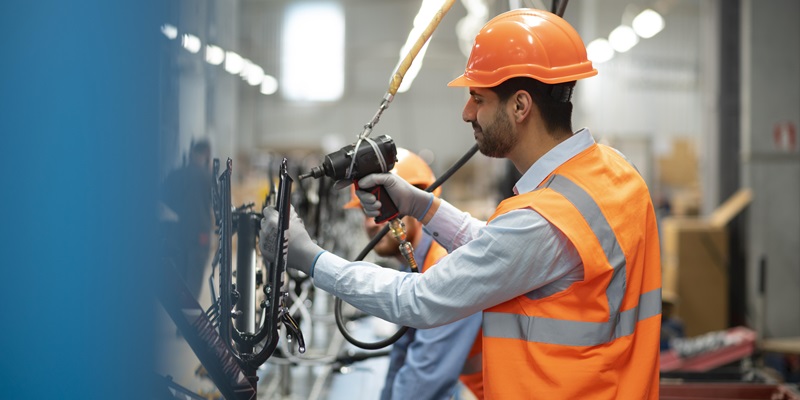Schedule a Call Back
Budget 2025: Auto industry highlights and reactions
 Industry News
Industry News- Feb 03,25

Related Stories

Budget 2025: Energy sector highlights and reactions
The government will incentivise electricity distribution reforms, support intra-state transmission expansion, and offer states an additional 0.5% of their GSDP in borrowing, contingent on implementi..
Read more
Budget 2025: Manufacturing sector highlights and reactions
The Budget has also introduced a Focus Product Scheme for the footwear and leather industry, aiming to create 2.2 million jobs and generate Rs 4 trillion in turnover.
Read more
Budget 2025: Auto industry highlights and reactions
MSMEs in the auto supply chain will benefit from easier credit access, enabling component manufacturers and dealerships to scale operations and invest in new technology.
Read more











